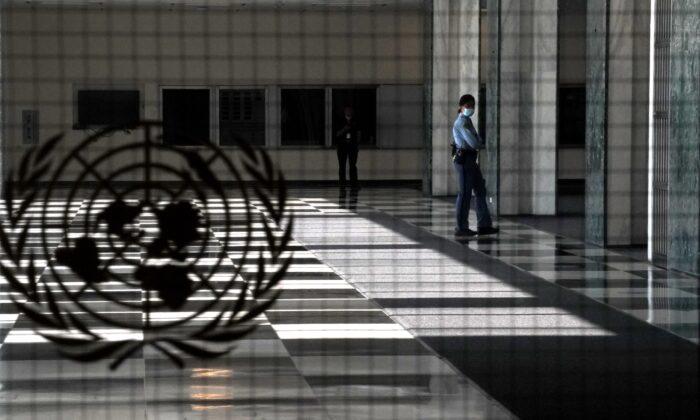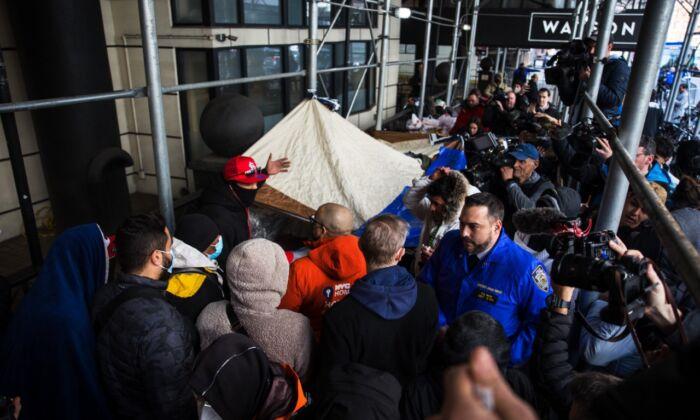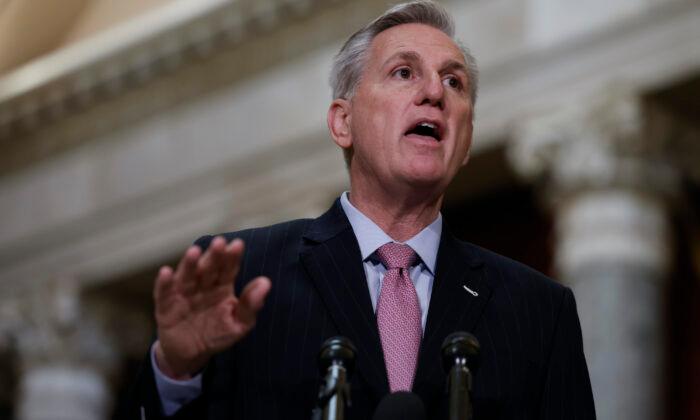An Indian think tank has warned of China’s expanding influence in the United Nations and its specialized agencies, with the international organization playing a role in promoting Beijing’s foreign policy initiatives.
The study found four of the 15 major U.N. agencies are directly headed by representatives of the Chinese Communist Party (CCP), including the Food and Agriculture Organization, the United Nations Industrial Development Organization (UNIDO), the International Telecommunication Union (ITU), and the International Civil Aviation Organization (ICAO).
“China immediately connected UNIDO to its Belt and Road Initiative (BRI), which UNIDO now endorses,” it states.
Beijing’s representatives were also elected as deputies of the WHO, the World Bank, the International Fund for Agricultural Development, the International Monetary Fund, and the World Tourism Organization, the report states.
The report cites cases in which China has utilized its dominant position within the U.N., coupled with financial assistance, to foster Chinese proxies among U.N. agencies, including the 2017 election of Tedros Adhanom Ghebreyesus, the director-general of the WHO, who is backed by Beijing. Ghebreyesus is the former health and foreign minister of Ethiopia, one of the largest recipients of Chinese investments in Africa.
The report concludes that China has increased its influence through increased monetary contributions, being the second-largest donor to the U.N., with voluntary donations increasing 346 percent since 2010.
The report recommends that India should evolve from being a defensive “rule taker” as it currently is, into a proactive “rule maker,” and integrate itself into the U.N.’s multilateral bodies.
The think tank suggests that India increase its voluntary contributions to U.N. agencies, with contributions from India’s growing philanthropic sector.





Friends Read Free